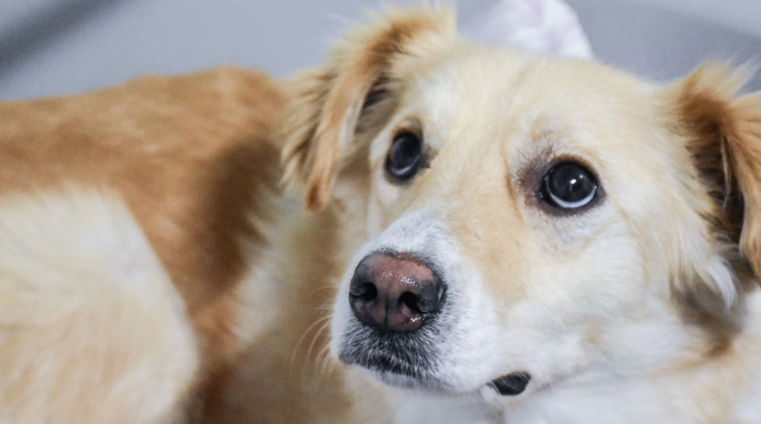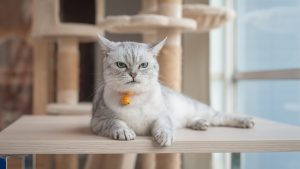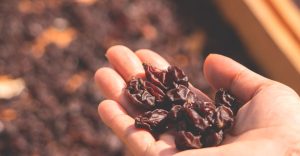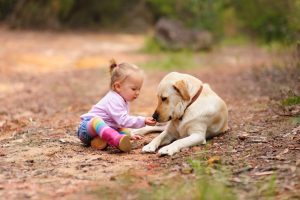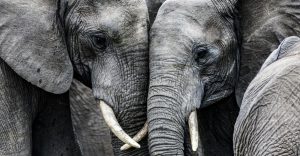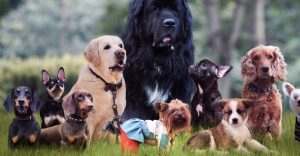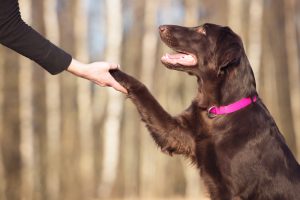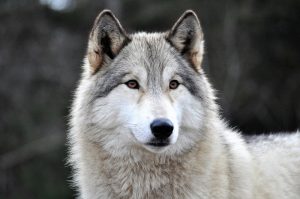What Not to Feed Cats and Dogs.
Others are reading now
When it comes to spoiling our furry friends with treats from our plates, many pet owners are guilty as charged. We’ve all been there, giving in to those pleading eyes with a “just one piece” promise. But experts warn, some foods we enjoy can be harmful, or even fatal, to our pets.
Foods That Pose a Danger to Dogs and Cats
Bones: A Common Misconception
Contrary to popular belief, bones are not a healthy addition to your pet’s diet.
The myth that bones provide essential calcium is debunked by veterinarians, because the animal’s body is not able to fully digest them.
“The intestine of a dog or a cat is soft, just like in humans. It is not “armor-piercing” and can be injured,” the expert stated.
Also read
-
Tubular bones: Bones from birds, for instance, can splinter and cause serious intestinal damage.
-
Large bones: Even larger bones from pigs and cows carry risks. If a sharp piece cut the stomach, intestines or esophagus, it can cause internal bleeding or even tissue rupture, and lead to a quick and painful death.
-
Blunt bones: A blunt bone can get stuck in the intestine, which will have to be removed surgically.
-
Fish bones: Fish bones are notorious for getting lodged in pets’ throats, particularly in cats.
The doctor emphasizes: you should not rely on the previous “successful experience” of feeding pets with bones, because accidents cannot be predicted.
Alcohol
Alcohol is harmful for humans, and it’s even more dangerous for animals.
A tiny amount of ethanol can lead to severe poisoning or death, especially in smaller pets. Dispelling the myth that alcohol can “disinfect” poisonings, experts strongly advise against administering it to animals.
Onions and Garlic
Onions and garlic, staples in many kitchens, are toxic to dogs and cats due to their disulfides and sulfoxides content.
These substances disrupt blood formation processes, destroy erythrocytes, which can cause anemia in dogs or cats. In addition, garlic can irritate the mucous membrane of the stomach and cause a deterioration of the sense of smell.
Other Foods to Avoid
-
Pet owners should steer clear of feeding their animals smoked meats and fatty products, which can tax the pancreas and contribute to pancreatitis and obesity.
-
Fried foods can cause similar issues.
-
Grapes and raisins can cause bloating and kidney failure.
-
Citrus fruits should be avoided because they can irritate the mucous membrane and provoke an allergic reaction.
-
Baked goods, especially those with yeast, as they can provoke the fermentation process in the gastrointestinal tract.
-
Expired or moldy products can cause poisoning.
-
Mushrooms should also be avoided.
-
Sweets and chocolate are harmful to pets.
The takeaway for pet owners is clear: resist the urge to share human foods that can harm your furry companions. When in doubt, opt for pet-safe treats and always consult with a veterinarian about the best diet for your dog or cat.

